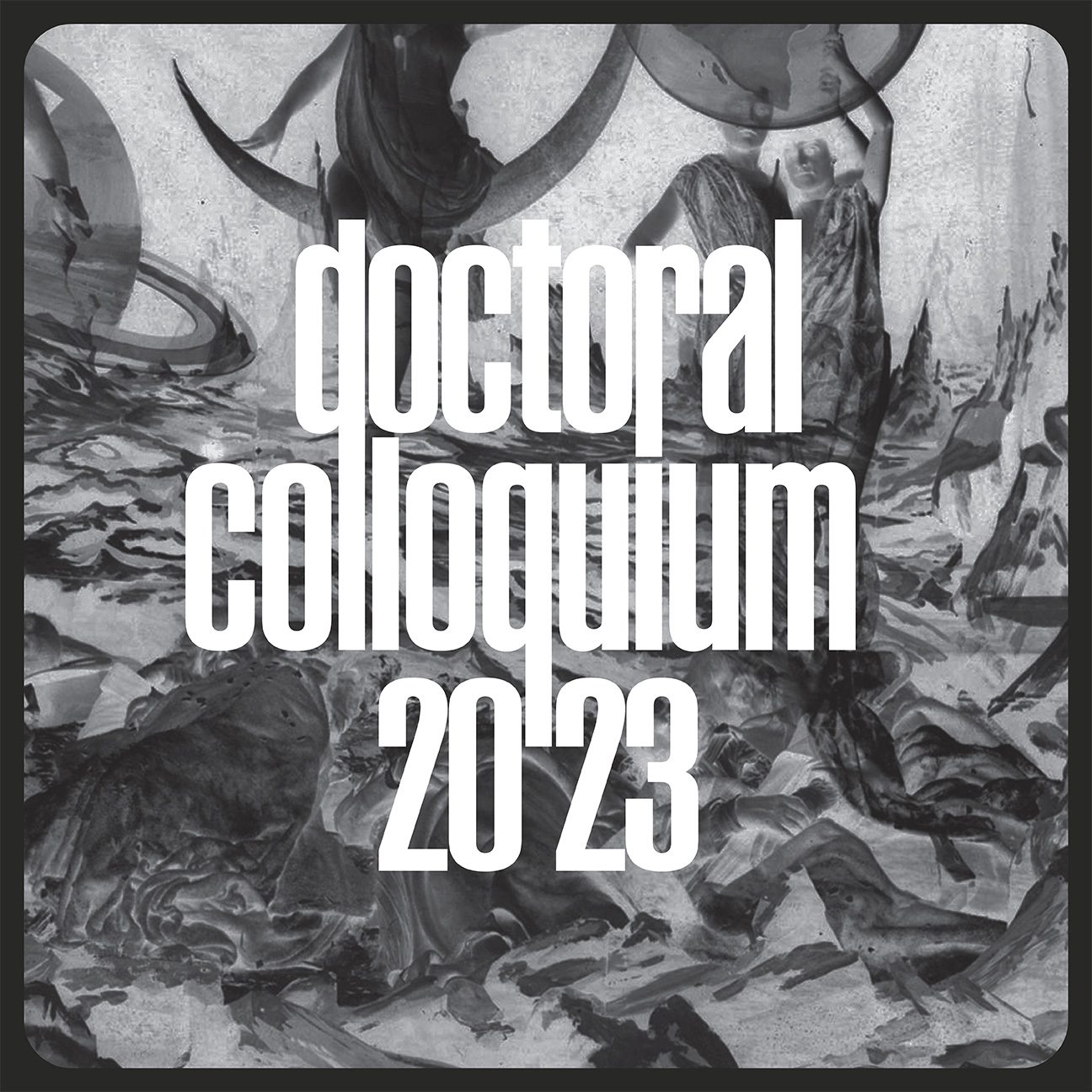
Media and Modernity Doctoral Colloquium | Spring 2023
March 7, 2023 · 5:00 pm—6:30 pm · Room N107, School of Architecture
Program in Media and Modernity

M+M Doctoral Colloquium – Spring 2023
with Sophie Brady, Lucia Filipova, Sara Green, and Angelika Joseph
Tuesday, March 07, 2023 @5pm ET
N107 (School of Architecture)
The Doctoral colloquium is an exciting opportunity for Ph.D. candidates who pursue the M+M graduate certificate to share their research and receive feedback from faculty and colleagues across a wide range of departments.
Sophie Brady | Music
“Africa Electronica: Sonic Experimentation, Transcontinental Circulation, and Francophone African Radio, 1950-1980”
[Advisor: Gavin Steingo]
How does recognizing the robust tradition of African experimentalism change our understanding of the histories of avant-garde music and African music? I answer this question by tracing the musical activities of African musicians and radio technicians who trained in Paris and were active at radio stations in West and Central Africa in the 1960s-70s. Though these artists identified as popular musicians, their radio training inspired them to use electronic instruments and postproduction techniques associated with avant-garde music. I demonstrate how these musicians interacted with, resisted, and exploited the French (post)colonial radio to create their own unique styles of music during and after decolonization. Scholars have long associated experimental music with Europe and North America, but I argue that not only were African musicians significantly involved in experimental music-making within their own countries, but that they also shaped musical development all over the world.
Lucia Filipova | Spanish and Portuguese
“Women’s Fears and Fantasies as New Commodities During the Spanish Miracle:
The Rising Middle Class in Spanish Musical Film, Comic, and Advertisement”
[Reader: Javier Guerrero]
In the aftermath of the Spanish Civil War, Spanish society returned to the 19th-century division of the public and the private sphere, with women overseeing the latter where they were supposedly safe from the negative influence of industrial capitalism. However, during the Spanish Miracle (1959–1974), media and advertisement penetrated Spanish homes leading to a modernization of the private sphere by turning women into a driving force of postwar capitalism. My hypothesis is that, in accordance with the values of the Sección Femenina, Spanish housewives were supposed to become attractive objects in the home just like the numerous commodities that they were enticed to purchase. In my presentation I will showcase this by conducting a close reading of Spanish musical films, comics, and advertisement in women’s magazines from this period. I will particularly focus on the role and perspective of child/adolescent protagonists, who encourage a reading against the grain.
Sara Green | Art & Archaeology
“Against Surface Revolutions: Mark-making in Isidore Isou’s Treatise on Drool and Eternity (1951)”
[Advisor: Brigid Doherty]
This talk re-reads the handmade scratched and inked lines that blemish frames throughout Isidore Isou’s Treatise on Drool and Eternity, a 1951 film comprising a manifesto on the art of film. These marks, applied to the filmstrip in a destructive practice Isou termed “chiseling,” have commonly been understood to enact Isou’s call for a shift in priority from cinematic images to sound. I argue that chiseling’s visual effects can also be seen to articulate interfaces between contemporary political discourse and routines of the film industry in midcentury France—primarily, a diminished linguistic facility that Isou locates in both. Situating an analysis of the film in relation to its Cold War context as well as Isou’s writings, my talk reads the Treatise’s mark-making practice as accruing conflicted meanings that probe the conditions of viewership Isou understood to inform contemporary cinema.
Angelika Joseph | Architecture
“The Chicago Indian Village: An Affective Architectural History of Indigenous Dispossession
[Advisor: Beatriz Colomina]
In 1970, Carol Warrington (Menominee Indian Tribe of Wisconsin) was evicted from her apartment after refusing to pay a non-Native landlord to live in a derelict slum apartment in an ‘Indian slum.’ She then moved her six children into a tipi set up in front of their former home. Choosing to be homeless in a political and explicitly Indigenous way, the Warrington family started the Chicago Indian Village (CIV). For two years, 100+ activists endured a cycle of repatriations and dispossessions as CIV moved through a series of architectural takeovers.
Through the close visual analysis of the participants’ affect at the moment of repatriation and the moment of dispossession, this chapter illuminates the personal, cultural, and historical meanings these activists ascribed to repatriated landscapes. Analyzing faces to understand places, this chapter explores the possibilities and limitations of reconstructing emotional architectural histories of violence and dispossession through media archives.















